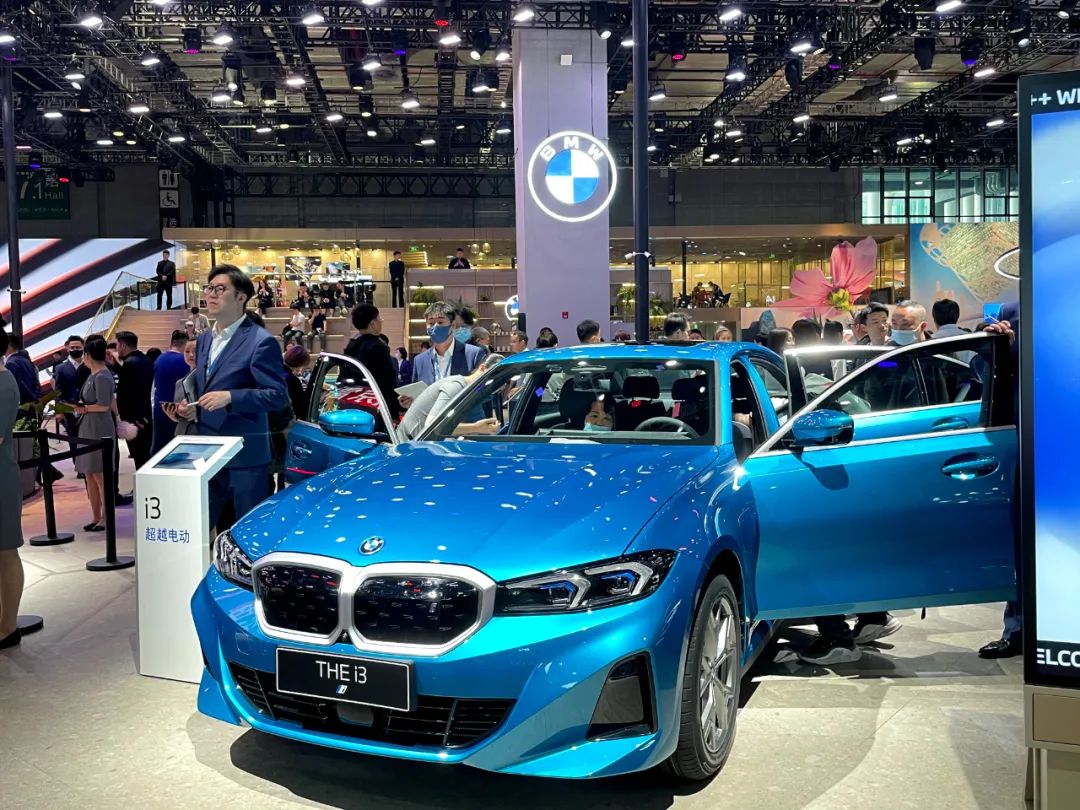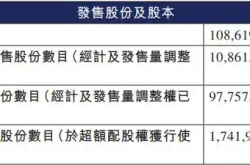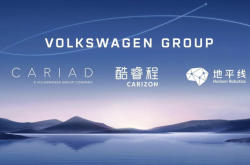The first batch of "victims" of the price war emerge, and BBA are deeply hurt
![]() 07/22 2024
07/22 2024
![]() 634
634

Image source: Duge
Photographed at the Shanghai Auto Show in April 2023
As the automakers' "price war" rages on, it is ultimately the established luxury brands that are falling behind.
First, on July 11, a blogger on social media claimed that due to heavy losses in stores caused by the "price war," BMW would stabilize prices by reducing sales volumes starting in July to alleviate operational pressures on dealerships. In response to this rumor, BMW China stated that in the second half of the year, BMW will focus on business quality in the Chinese market and support dealers in taking a steady approach.
Subsequently, it was revealed that Mercedes-Benz and Audi would also withdraw from the "price war." Many salespeople indicated that they had received news of price increases, and prices across various models would be adjusted upwards to varying degrees.
Topics such as "BMW is starting to raise prices," "There are more people visiting BMW dealerships after the price increase," "Mercedes-Benz and Audi will follow suit and withdraw from the price war," and "The truth behind BBA's collective withdrawal from the price war" frequently trended on search engines. Not only "BBA," but also Volkswagen, Toyota, Honda, Volvo, and other brands have been swept up in this wave of public opinion.
This is not surprising. From the perspective of "Car Visibility," over the past two to three years, the "price war" in China's automotive industry has intensified. While it can stimulate consumer purchases in the short term, it directly leads to a decline in product profit margins, ultimately harming dealers and automakers in terms of profitability. Furthermore, the boost in sales from price reductions is becoming increasingly weak.
Taking BMW as an example, in an effort to shake off the stigma of being a "no-name electric car," BMW iX3, which had been on the market for just over four months, officially reduced its prices by 70,000 yuan for both the Creator and Pioneer models as early as early 2021. At the end of November and beginning of December 2022, BMW i3 also reported significant price reductions, offering discounts of 50,000 to 60,000 yuan in various regions across the country.
This rapidly stimulated sales in the short term. Compulsory traffic insurance data showed that in December 2022, 6,565 BMW i3s were insured. In the three months prior, the number of insured BMW i3s was 273, 1,414, and 3,291, respectively, marking a visible surge.
Last year, the benefits and discounts continued. On platforms like Autohome, there were numerous posts from dealers advertising discounts of up to "1X0,000 yuan" for the BMW i3, and the same was true for the BMW iX3, with discounts exceeding 100,000 yuan being commonplace.
Ultimately, in 2023, BMW delivered a total of 824,900 BMW and MINI vehicles in the Chinese market, representing a year-on-year increase of 4.2%. Among them, sales of pure electric vehicles in the Chinese market grew robustly, with a total of 99,972 vehicles delivered throughout the year, representing a year-on-year increase of over 138%. The BMW i3 and BMW iX3 were the top-selling pure electric products.
Unfortunately, the strategy of "trading price for volume" is ultimately unsustainable. According to media statistics, from February to early July this year, the price of its entry-level model, the BMW i3, dropped by approximately 70,000 yuan. However, in the first half of the year, BMW China's sales did not increase but rather decreased. Data showed that in the first half of this year, BMW (including MINI) sold 375,900 vehicles in China, a year-on-year decrease of 4.2%.
Mercedes-Benz's situation is similar, with terminal prices dropping significantly but sales also declining. In the first half of this year, Mercedes-Benz delivered over 352,600 new vehicles, a year-on-year decline of approximately 6.5% compared to the 377,200 vehicles delivered in the first half of 2023.
Moreover, the most direct consequence of price reductions is a decrease in profitability reflected in financial reports. The first-quarter financial report showed that BMW Group's revenue was 36.614 billion euros, a year-on-year decrease of 0.6%; net profit was 2.951 billion euros, a year-on-year decrease of 19.4%; in addition, pre-tax profit was 4.16 billion euros, a year-on-year decrease of 19%; and pre-tax profit margin was 11.4%, a year-on-year decrease of 2.5%.
Mercedes-Benz also encountered setbacks in its first-quarter performance, with profits declining more sharply despite a roughly 4.4% decline in revenue. EBIT fell by nearly 30%, and net profit fell by approximately 25%. On the Audi Group's side, first-quarter revenue fell 18.7% year-on-year; operating profit was 466 million euros, compared to 1.816 billion euros in the same period last year.
The pressure on automakers' profitability naturally also affects dealers. Since last year, we have frequently seen news of dealers facing survival crises. For example, at the beginning of last year, Zhongtong Holding Group, the largest automobile dealership group in Taizhou, Zhejiang, was exposed for its boss absconding, with multiple dealerships under its umbrella closing down and employee wages being withheld.
In the middle of last year, the Shanghai Stock Exchange officially delisted the former "king of 4S stores," Pang Da Group, and the company's shares ceased trading. More recently, Guanghui Auto, one of the largest automobile dealers in China, has traded below 1 yuan per share for 20 consecutive trading days, triggering delisting conditions.
With these adverse situations in mind, it becomes easy to understand why traditional luxury automakers are withdrawing from the "price war." "Car Visibility" believes that since price reductions are difficult to boost sales, it is better to focus on restoring brand value, investing more energy in R&D, and improving quality assurance, marketing, and service. From a consumer psychology perspective, while price can affect purchasing intentions, product quality, service experience, and brand value are also important considerations.
Perhaps after BBA collectively withdraws from the "price war," we will witness a more mature and rational automotive consumer market.
Author | Li Li
Source | Car Visibility
Disclaimer
This account is dedicated to sharing more automotive knowledge for readers' reference and exchange, and does not constitute investment advice for any individual or institution.
Please do not make investment decisions based solely on the information in this public account. Any direct or indirect losses resulting from improper use of relevant information shall be borne solely by the user.
This article is an original piece by Car Visibility, and its copyright belongs to Car Visibility. For reprints, please contact us for authorization.








